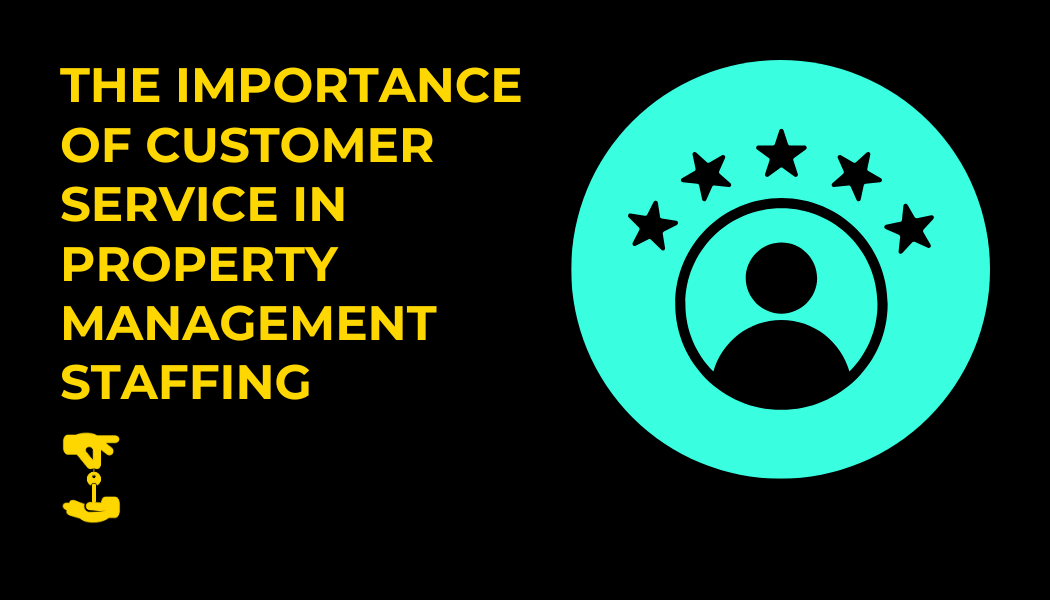Life as a Leasing Agent
Life as a Leasing Agent

Life as a leasing agent is never boring. With a combination of working in an office space and touring rental properties, this working environment creates new experiences every day. Working as a leasing agent is a great job for anyone wanting a career in the real estate industry, especially property management. The leasing agent is responsible for leasing apartments and rental properties to prospective agents. There are many tasks that the leasing agent must know how to perform adequately to fulfill this objective. Working for a temporary agency that trains leasing agents, such as Leasing Temporaries, is a great way to start as a leasing agent. Leasing Temporaries will set you up for success by giving you in depth training before you ever step onto a property as a temporary leasing agent.
The property management industry in the United States generates about $88 Billion in revenue and there are roughly 281,345 property management companies in the U.S. With an employee turnover rate of 33%, far higher than the national average of 22%, property management is a great industry to have a career in. Starting as a leasing agent will help you to gain significant experience that will propel your career in this field. If you are someone with great communication skills, enjoy talking to people, have a positive attitude and want to get into property management, working as a leasing agent could be an amazing opportunity for you.
What Do Leasing Agents Do?
The main objective of the leasing agent is to get prospective residents to sign a lease for the rental property. Seeing every prospective resident as a future resident is key. Working at a temporary staffing agency that trains their leasing agents to be proficient in their closing skills is the best way to learn how to do the job properly. Leasing Temporaries trains their staff to be efficient leasing agents and know how to conquer any circumstance that comes their way. Below are daily facets of the job that any leasing agent should be trained in:
> Handling Telephone Inquiries
While in the office, a leasing agent should expect to get phone calls daily. While some will be from current residents who have questions, need maintenance, etc., the leasing agent has the responsibility of handling calls from future residents. A leasing agent needs to know how to talk to future residents on the phone to get a close on a lease. There will be many telephone inquiries from interested future residents wanting to know more about the property. The main objective for the leasing agent while on a call with a future resident is to “close” on an appointment to show them the property. Proper telephone etiquette training can teach the leasing agent how to get appointments for the future resident to come see the property, which is essential to close on a lease.
> Replying to Email Inquiries
Another task that a leasing agent should be expected to have to perform daily is replying to emails from future resident. It is important for a leasing agent to be trained in replying to email inquiries. Future residents that contact a property via email are highly interested in the property, yet 70% of these leads are never contacted! Replying to these emails as soon as possible is crucial to getting a close. When online future residents are called back within an hour the closing success rate is 93%. After just 8 hours, the rate falls to an 84% failure rate. This is why it is so important to get in touch with these leads immediately and be trained in proper email etiquette. Setting an appointment, closing on a lease, getting relevant information and much more can be done with a future resident using email communication and the internet, making it a key learning objective for leasing agents.
> Showing the Property
When a future resident arrives for an appointment, the leasing agent is expected to tour the property with them. No matter if the property is residential or commercial, a leasing agent must know how to show the property so they can close on the lease. Leasing agents need to be prepared for the possibly of tours every day, whether appointments have been set for the day or not. This is important because you never know when a last-minute appointment will be set or when you will have a walk in. Knowing which unit(s) will be shown and making sure that they are clean and presentable is a responsibility of the leasing agent and they should check these units every morning for proper upkeep. Being trained on how to plan your tour route, property curb appeal, showing your target units, and getting the property market ready is pivotal for any successful leasing agent. Some critical success factors when showing a property include being on time, looking presentable, making sure the property is presentable, and having extensive knowledge on the property.
> Gathering Information on Site
The most important part of the job of any leasing agent is when the front door opens and a future resident walks in. From the time the future resident enters the community, their impression of the property, management company and employees depend on the leasing agent. Seems like a lot of pressure, right? Don’t worry, being properly trained on greeting future residents will prepare you for when they come through the door. After greeting the future resident, it is important to have them fill out a guest registration card. The guest registration card will provide the information needed to determine the future resident’s needs, ensure they meet the rental qualification criteria, and serve as documentation for fair housing. Knowing how to properly gather information from a future resident while they are coming to see the property is necessary to be trained in so the future resident can have a comfortable experience while meeting with the leasing agent.
>Overcoming Objections
While interacting with future residents, a leasing agent can expect to come across objections that the future resident has with the property. An objection is any obstacle or concern that can prevent the closing of the lease. Objections occur when there are doubts or unanswered questions in the mind of the future resident. Knowing how to handle objections and ease the mind of the future resident is something that every leasing agent should be expected to get trained in. If trained properly, a leasing agent will know many types of objections and how to talk through them with the future resident in a way that removes the objection as an obstacle for the closing of the lease.
> Closing
From the first moment a leasing agent makes contact with the future resident (whether it be on the telephone, through email, or on site), closing begins. Everything done during the leasing process is leading to the close. With training, a leasing agent will acquire key knowledge that enables them to become a successful closer. Knowing different closing methods and how to converse with future residents is essential. Closing leases is the leasing agent’s job, extensive training on the closing process and the steps leading to the close will help you to excel as a leasing agent.
How to Become a Trained Leasing Agent
Now that you know what the daily life of a leasing agent entails, you probably realize that being trained for this role is pivotal for success. While some companies will accept temporary or even full-time leasing agents with little or no training, training can help you stand out from other leasing agents, keep your job, and even move up in the property management industry. One of the best ways to start as a leasing agent is to work for a temporary agency that specializes in property management. A temporary agency will help you to gain experience and network with many different properties since you will be placed at different properties regularly. When looking for a temp agency that specializes in property management, it is important to ask them if they train their leasing agent. Surprisingly, a lot of companies view their temporary leasing agents as warm bodies to place in properties with very little or no training. However, Leasing Temporaries is a company that values their staff and clients, so they make sure every leasing agent gets paid training before they place them into any property. Leasing Temporaries even offers training services to properties that want to train their current leasing agent(s). Becoming a trained leasing agent is important to close leases with future residents and fulfill the responsibilities needed for any leasing agent to excel.
Start Your Life as a Leasing Agent Now!
If the exciting life of a leasing agent seems like a great fit for you, there is no reason to wait. The sooner you apply for a temporary staffing agency or full time leasing agent position, the sooner you will start your dream job. Just remember, training is the key to success and growth within this industry, do not sell yourself short. The only thing standing in the way of you having this amazing position is you, start today!
Contact Us:
Leasing Temporaries, LLC
Managing Owner: Shelly Gray
(614)986-7590


Contact Us
Phone: 614-694-0270
Email: info@leasingtemps.com
Address:
820 Morrison Road
Gahanna, Ohio 43230
Quick Links
Copyright © 2024 All rights reserved | Leasing Temporaries
Powered by Geek Squared










